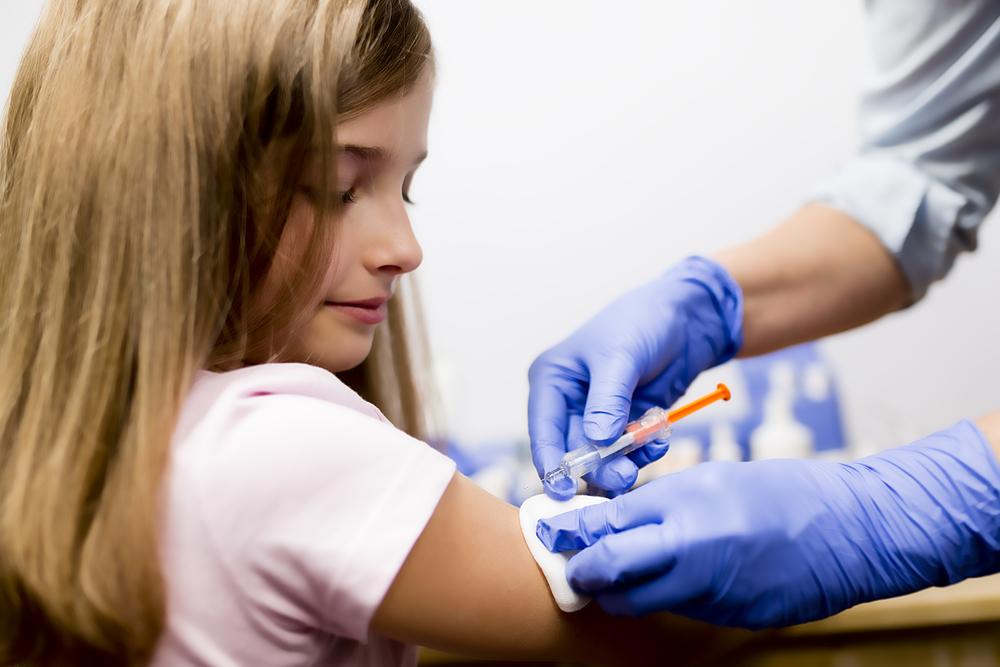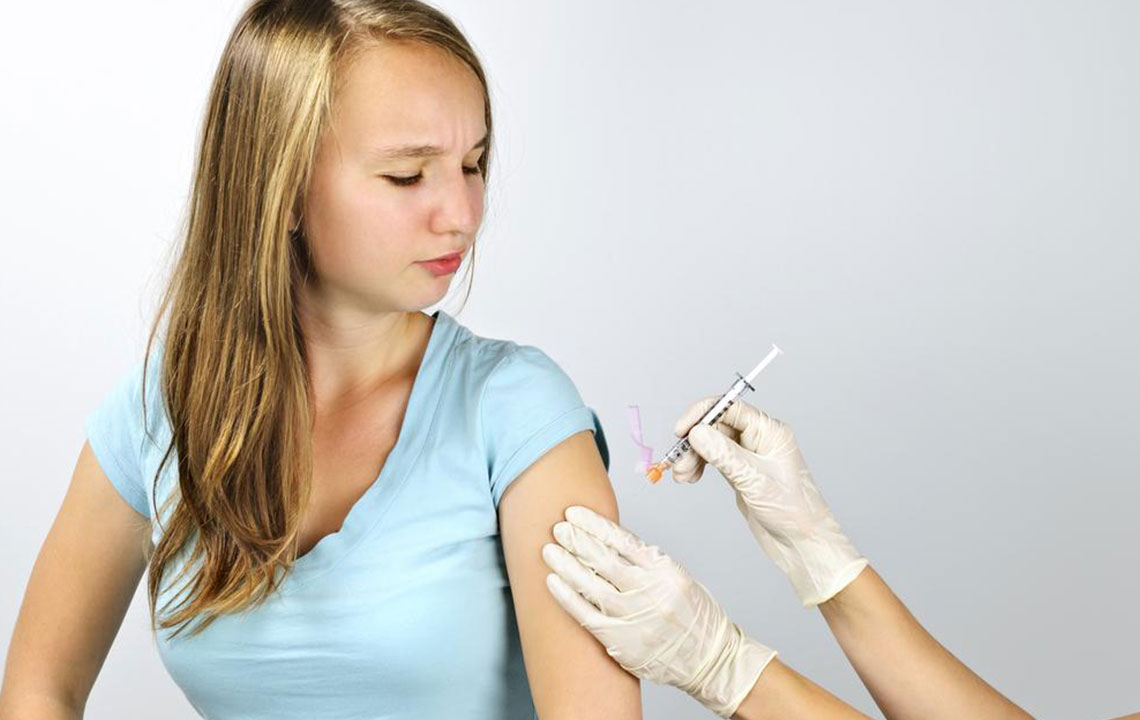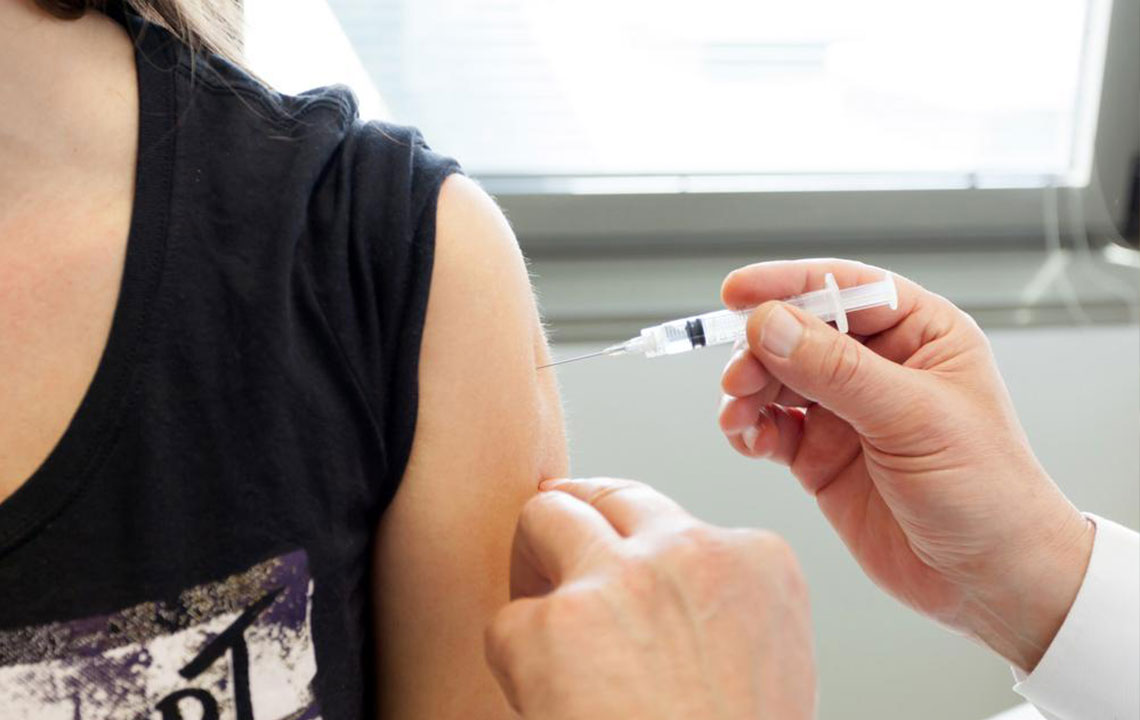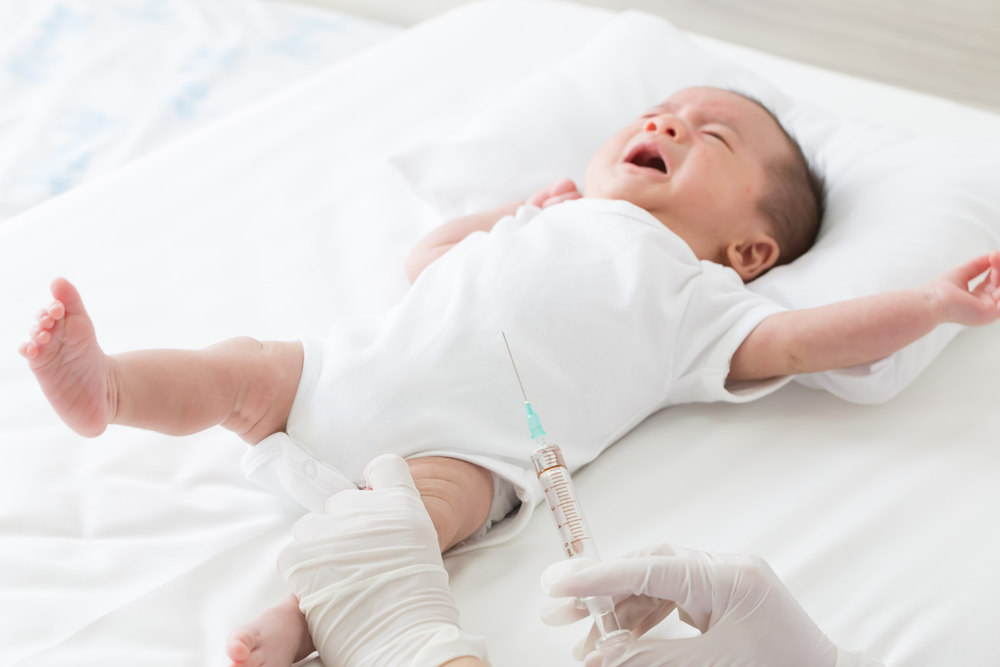Essential Guide to Meningitis Vaccination
This comprehensive guide highlights the importance of meningitis vaccines in preventing serious bacterial infections. It covers available vaccine types, who should get vaccinated, and reasons to protect oneself, especially young adults, healthcare workers, travelers, and military personnel. Vaccination is an effective and accessible method to lower the risk of this rapidly spreading disease. Ensuring proper consultation with healthcare providers is crucial for safe and successful immunization, ultimately helping to reduce cases worldwide and safeguard public health.
Sponsored
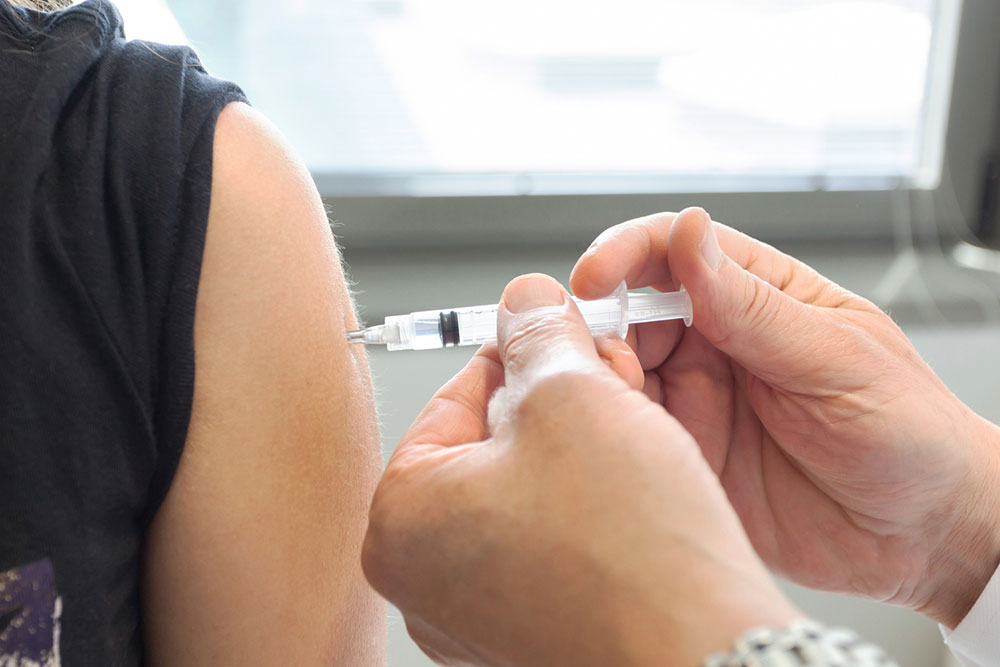
Vaccinations play a vital role in protecting individuals from severe diseases. Immunization during childhood and adulthood has significantly reduced fatalities from life-threatening conditions. Meningococcal disease, once highly deadly, is now preventable thanks to available meningitis vaccines.
Though uncommon, meningococcal infections can lead to serious health issues in teenagers and young adults. Once infected, the bacteria can quickly invade the lining of the brain and spinal cord, leading to rapid deterioration. To safeguard against this, receiving meningitis vaccines is crucial.
Getting vaccinated is the most effective way to defend yourself against this fast-spreading disease.
Everything you should know about meningitis vaccines
Meningococcal disease does not spread like the flu or cold but can transmit via respiratory and throat secretions. An infected individual can pass the bacteria through coughing, sneezing, or kissing. Currently, three types of meningococcal vaccines are available nationally, all of which contain no live bacteria.
These vaccines introduce antigens that stimulate the immune system to produce protective antibodies. When bacteria invade, these antibodies target and eliminate the pathogens.
The three main vaccines for meningococcal disease are:
Meningococcal polysaccharide vaccine (MPSV4)
Meningococcal conjugate vaccine (MCV4)
Serogroup B meningococcal vaccine (MenB)
The MPSV4 and MCV4 vaccines cover four strains, accounting for approximately 70% of cases in many regions. The MenB vaccine specifically targets the B strain responsible for some infections. MCV4 is recommended for individuals aged 55 and under, with teens receiving two doses at ages 11 and 16. Healthcare providers administer these via injection into the muscle. When MCV4 is inaccessible, MPSV4 can be given subcutaneously.
MPSV4 is suitable for individuals over 55. The MenB vaccine is generally recommended for ages 10-24 but can be given to older adults as needed.
People with known allergies to the vaccines should avoid them. Pregnant or breastfeeding women should consult their doctors before vaccination. Ensure you are healthy and free of other illnesses prior to vaccination.
Reasons to get vaccinated against meningitis
Here are key reasons for immunization:
Prevention of infection: The primary goal is to prevent meningococcal disease. Young adults and teens are particularly at risk, and vaccination offers vital protection.
Protection during outbreaks: If you are in an area experiencing an outbreak, vaccination is essential, especially since the disease spreads through respiratory droplets.
Who should consider vaccination?
Healthcare workers: Doctors, nurses, and medical staff are often exposed to infectious agents and should prioritize vaccination.
Travelers to high-risk regions: Individuals working or traveling in countries with elevated meningococcal disease rates should get vaccinated.
Frequent travelers: Those who regularly travel are at increased risk and should consider immunization.
Military personnel: Armed forces personnel exposed to diverse environments are recommended to get vaccinated.
Individuals with spleen issues or immune deficiencies are more vulnerable to infections and should be vaccinated for added protection.
Awareness about meningitis vaccines continues to grow, resulting in a decline in disease cases. Nonetheless, consulting a healthcare provider before vaccination is essential to ensure safety and effectiveness. Vaccination significantly reduces the risk of meningococcal meningitis.

